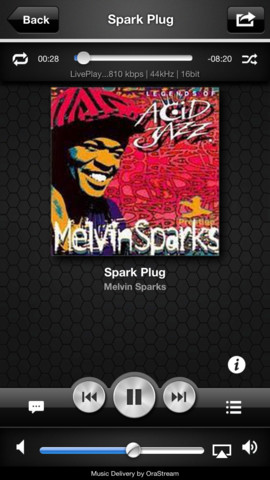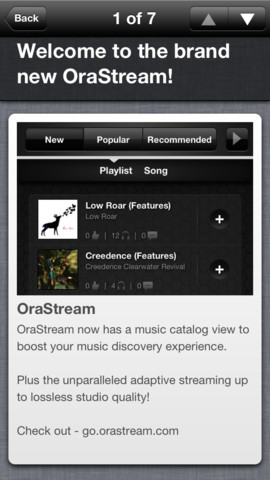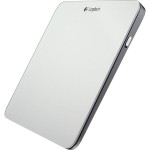Who says Singapore technologies don’t go far? One such technology, which streams music smoothly to your phone by adapting to network quality, finally got released this week as a promising mobile app.
Orastream is able to detect how good your connection is and deliver the best quality music that it can support.
For example, if you are using Wi-Fi or have a good 4G connection, the app will deliver music with a high bit-rate, retaining most of the detail in a track. If you are at the basement of a shopping centre and can only get a 2G connection, it will stream a lower quality track, but keep the music playing without any disruptions.
The technology for this adaptive streaming was first developed in Singapore’s A*Star labs several years ago. The creators later spun off a company called MP4SLS to further develop the technology and market it.
A couple of weeks ago, the company launched a completed version of the Orastream app, which is now out for Android and iOS devices. It has been described as a Soundcloud or Dropbox for music, but with good audio quality.
More interesting is the way music is sold with this technology. Musicians can tap on it by uploading their tracks, album art and liner notes to Orastream and sell the album as an app to be downloaded by users.
So, instead of selling tracks directly for users to download, musicians can sell albums like developers sell apps. These tracks will be stored on Orastream and streamed to users. One artist, SUL, is selling albums for S$5.98. Another group, Bang Data, is selling its album for S$10.98.
Of course, to get scale, you have to rope in the record labels. The folks behind Orastream are actually taking their technology to an event at the Grammys next month to show off their technology to musicians and artists.
Record companies are a tough bunch to convince, especially when it comes to new technology. But surely, this streaming technology is one way to curb piracy and yet offer convenience and quality to users.
If you’re a user, you’d only need one copy of your music, stored somewhere online and accessible on any device you want. No more converting from FLAC to MP3, for a change.








